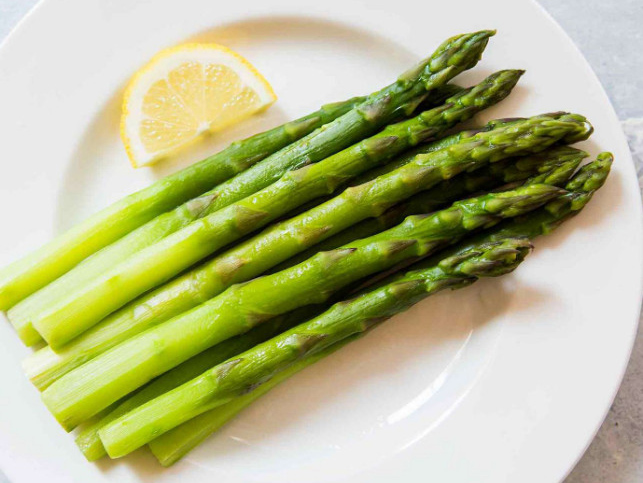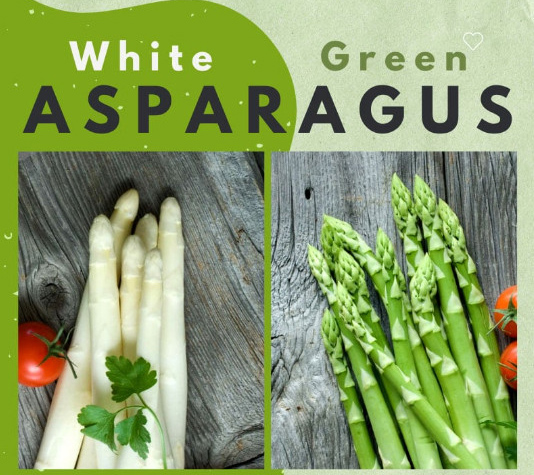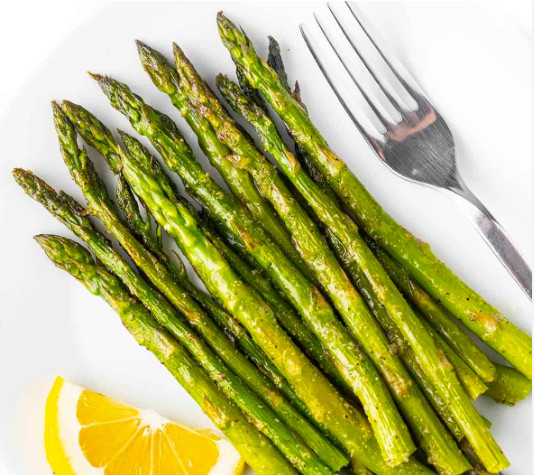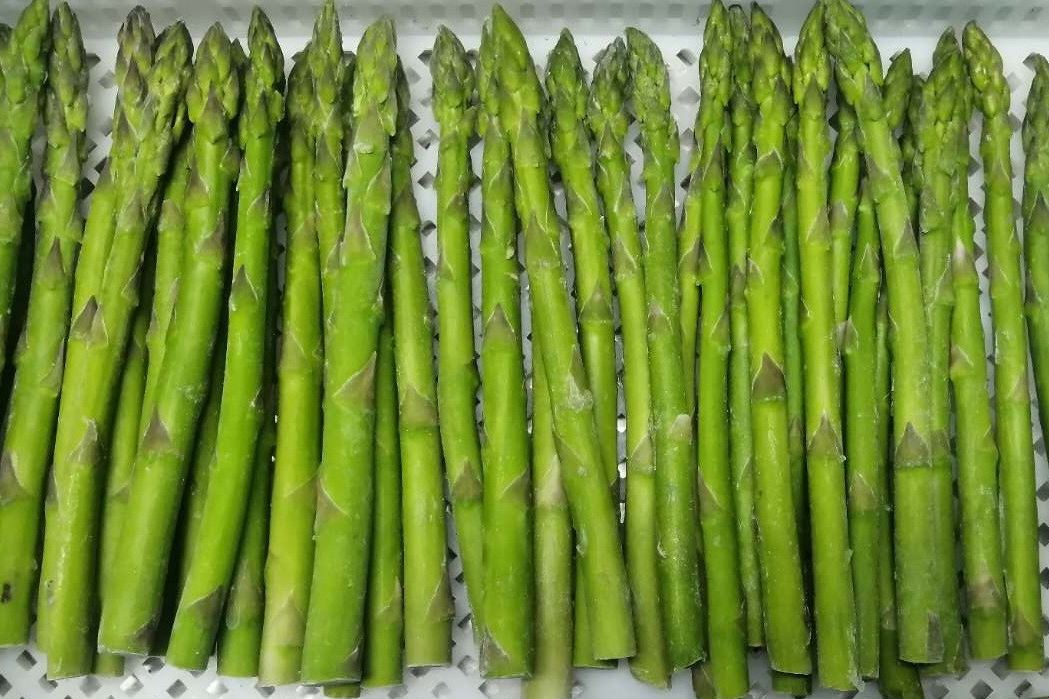IQF Green Asparagus tips and cuts
| Description | IQF Green Asparagus Tips and Cuts |
| Type | Frozen, IQF |
| Size |
Tips & Cut: Diam: 6-10mm, 10-16mm, 6-12mm; Length: 2-3cm, 2.5-3.5cm, 2-4cm, 3-5cm Or cut according to customer' s requirements. |
| Standard | Grade A |
| Self-life | 24months under -18°C |
| Packing | Bulk 1×10kg carton, 20lb×1 carton, 1lb×12 carton, Tote, or other retail packing |
| Certificates | HACCP/ISO/KOSHER/FDA/BRC, etc. |
Asparagus, scientifically known as Asparagus officinalis, is a flowering plant that belongs to the lily family. The vegetable’s vibrant, slightly earthy flavor is merely one of the many reasons it is so popular. It is also highly regarded for its nutritional benefits and has potential cancer-fighting and diuretic qualities. Asparagus is also low in calories and high in vitamins, minerals, and antioxidants, which you need for good health.
Asparagus is a popular vegetable available in several colors, including green, white, and purple. Though green asparagus is very common, you may have seen or eaten purple or white asparagus as well. Purple asparagus has a slightly sweeter flavor than green asparagus, while white has a milder, more delicate flavor.
The white asparagus is grown fully immersed in soil, in the absence of sunlight and hence possesses the white color. People worldwide use asparagus in various dishes, including frittatas, pasta and stir-fries.


Asparagus is extremely low in calories at about 20 per serving (five spears), has no fat, and is low in sodium.
High in vitamin K and folate (vitamin B9), asparagus is extremely well balanced, even among nutrient-rich vegetables. "Asparagus is high in anti-inflammatory nutrients," said San Diego-based nutritionist Laura Flores. It also "provides a wide variety of antioxidant nutrients, including vitamin C, beta-carotene, vitamin E, and the minerals zinc, manganese and selenium."
Asparagus also has more than 1 gram of soluble fiber per cup, which lowers the risk of heart disease, and the amino acid asparagine helps flush your body of excess salt. Lastly, asparagus has excellent anti-inflammatory effects and high levels of antioxidants, both of which may help reduce the risk of heart disease. Asparagus has more benefits, such as regulating blood sugar, lowering the risk of type 2 diabetes, anti-aging benefits, preventing kidney stones, etc.
Asparagus is a nutritious and delicious vegetable to include in any diet. It is low in calories and high in nutrients. Asparagus contains fiber, folate, and vitamins A, C, and K. It is also a good source of protein. Asparagus consumption may also provide a range of health benefits, including weight loss, improved digestion, favorable pregnancy outcomes, and lower blood pressure.
Furthermore, it is a low-cost, simple-to-prepare ingredient that can be used in various recipes and tastes terrific. Therefore, you should add asparagus to your diet and enjoy several health benefits.














